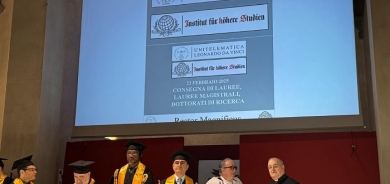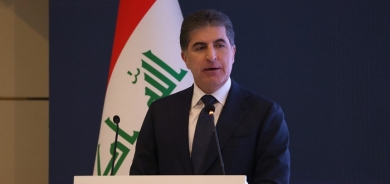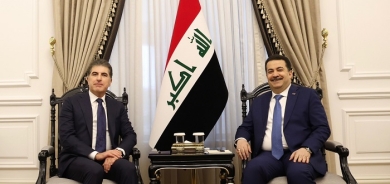CENTCOM Confirms Successful Strike Eliminating Senior al-Qaeda Leader Abu-’Abd al-Rahman al-Makki

The U.S. Central Command (CENTCOM) has announced the successful elimination of Abu-’Abd al-Rahman al-Makki, a high-ranking leader within the al-Qaeda-affiliated Hurras al-Din group, during a targeted strike conducted on Friday.
Al-Makki, a key member of Hurras al-Din's Shura Council, was known for orchestrating numerous terrorist attacks in Syria. His death marks a significant blow to the group's operational capabilities and is expected to hinder their ability to plan and execute future attacks.
In a statement, CENTCOM Commander General Michael Erik Kurilla reiterated the U.S.'s dedication to counterterrorism efforts in the region. "CENTCOM remains committed to the enduring defeat of terrorists in the CENTCOM area of responsibility who threaten the United States, its allies, and regional stability," said Kurilla.
U.S. Central Command Forces Killed Hurras al-Din Senior Leader
— U.S. Central Command (@CENTCOM) August 23, 2024
Earlier today, U.S. Central Command Forces killed Hurras al-Din senior leader Abu-’Abd al-Rahman al-Makki in a targeted kinetic strike in Syria. Abu-’Abd al-Rahman al-Makki was a Hurras al-Din Shura Council member… pic.twitter.com/eIxqqU1vFq
Hurras al-Din, which translates to "Guardians of Religion Organization," is an extremist group that emerged during the Syrian Civil War, composed of al-Qaeda loyalists and hardliners. The group, which opposes the merger of Jabhat Fatah al-Sham with other factions, continues to advance al-Qaeda’s global jihadist agenda, including targeting the U.S. and its allies.
Al-Makki's death follows a series of successful operations targeting high-ranking al-Qaeda figures, reflecting CENTCOM's ongoing efforts to dismantle the terrorist organization's leadership and disrupt its operations in Syria. Despite these successes, the fight against al-Qaeda and its affiliates remains a complex and ongoing challenge.
Tricia Bacon, writing for the International Centre for Counter-Terrorism, noted that al-Qaeda's network operates through a complex web of affiliates bound by a pledge of allegiance, or "bayat," to the central leadership. While al-Qaeda's core has been weakened since 9/11, its affiliates continue to pose significant threats, particularly in conflict-ridden regions.
The elimination of al-Makki serves as a critical victory in the broader effort to combat terrorism in the region, underscoring the U.S.'s commitment to maintaining pressure on terrorist groups that threaten global security.












